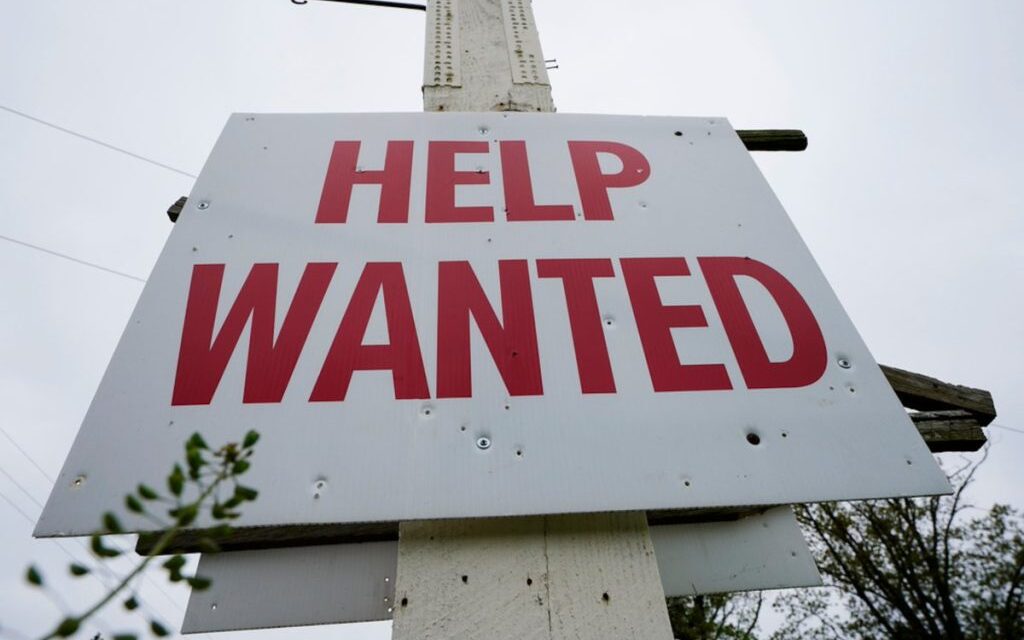By Leada Gore
Let’s say you’re in the market for a new job. You see a great listing on social media and you meet all the qualifications and – best of all – it would allow you to work from home. You apply and all of a sudden, you’re hit with the news that before you can accept the job, you have to pay for training supplies or kits to get started.
Stop. That’s the biggest red flag that the job you’re being offered isn’t legitimate.
The Federal Trade Commission points out that no honest employer, including the federal government, will ask you to pay to get a job and that anyone who does is a scammer. Honest employers will never send you a check and then tell you to send them part of the money, something known as a fake check scam.
Most of these offers involve work from home schemes that promise applicants they can make thousands of dollars working from home with little time or effort. The job could be anything from reshipping products to selling things to people you know, with promises that you can “be your own boss,” or “set your own schedule.”
Instead of making money, however, you end up paying for started kits or so-called training or certifications that are useless. You could also find that your credit card is charged without your permission.
How to avoid job scam:
- If a potential employer asks you for money – run. It’s not legitimate.
- Search online for the name of the company plus words like “scam,” “review” or “complaint,” to see what others are saying about the position. No complaints don’t mean the company is honest but complaints can tip you off to issues, the FTC said.
- Talk to someone you trust. Describe the offer to them. What do they think? This also helps give you vital time to think about the offer.
- Never bank on a “cleared” check. No honest potential employer will ever send you a check to deposit and then tell you to send on part of the money, or buy gift cards with it. That’s a fake check scam. The check will bounce, and the bank will want you to repay the amount of the fake check.











